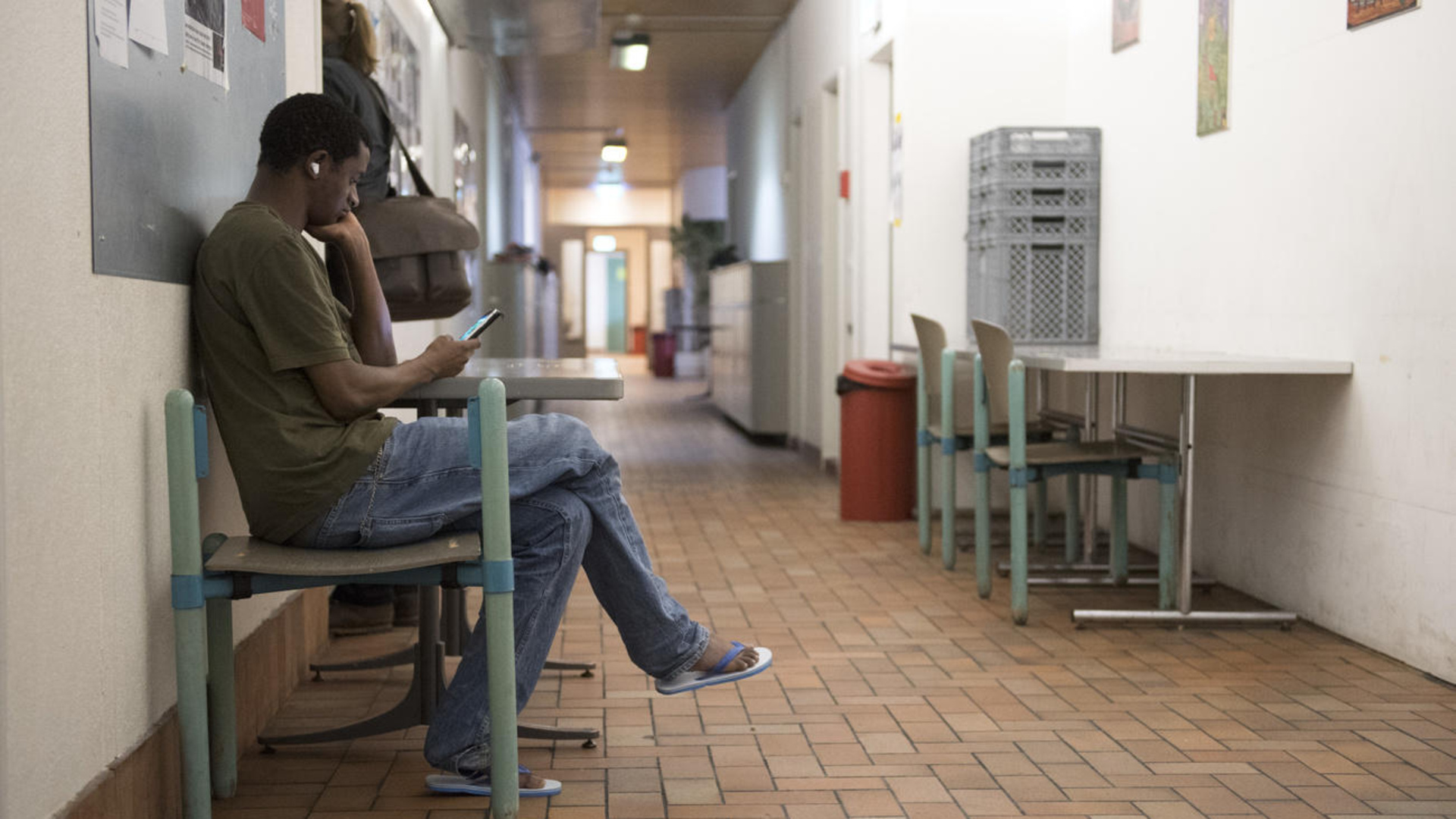An individual who has suffered persecution “refugee” or who has a well-founded fear of persecution in his or her home country might be eligible for permanent residency (“green card”), even if otherwise present in the United States illegally. Persecution might be any form of violence or threat of violence to the refugee or the refugee’s family, including ethnic cleansing, forced abortions, involuntary sterilizations, and female genital mutilation; persecution also includes loss of liberty or deprivation of livelihood. The persecution must have arisen because of the refugee’s political opinion, religion, race, nationality, or membership in a particular social group. If the persecution occurred in the past, it must have been committed by the government or forces that the government is unwilling or unable to control.

A person seeking status as an asylee should file a Form I-589 with the U.S. Citizenship and Immigration Service (“USCIS”), or in Immigration Court if he or she has been ordered to appear before a judge. For an asylum claim the Form I-589 must ordinarily be filed within one year of the alien’s entry into the U.S., though a late filed application will still be considered for two related forms of relief: withholding of removal and protection under the Convention Against Torture. Exceptions are made to the one year rule for asylum claims when conditions in the home country have changed; the refugee’s personal conditions have changed in a way that might subject him or her to persecution (for example, someone converts to a persecuted religion); the refugee had another valid claim to an immigration benefit and applied for asylum within a reasonable time of the denial of that benefit; or was prevented from filing within a year by extraordinary circumstances, such as serious illness. A refugee convicted of a “particularly serious crime”, such as drug trafficking, is ineligible for asylum and withholding of removal.
Even if the USCIS refuses to grant asylum, the application may be renewed before an immigration judge. A person granted asylum (“asylee”) may file for permanent residency after one year, but is eligible immediately for employment authorization. An asylee can confer derivative asylee status on a spouse or child under the age of 21.
